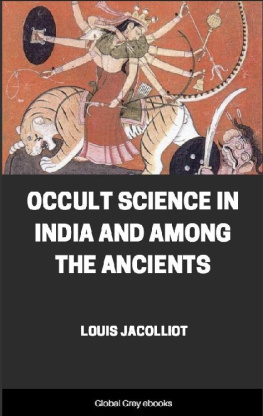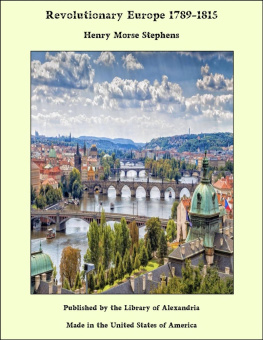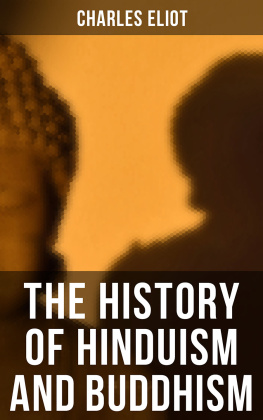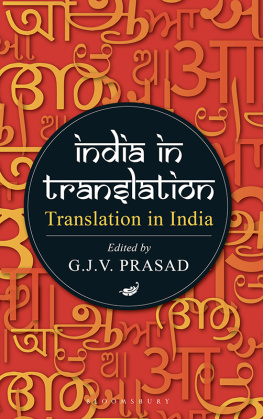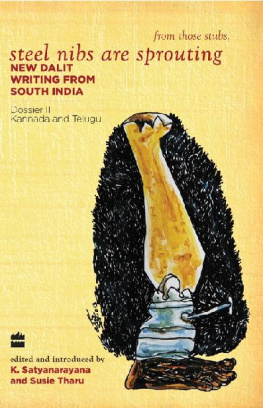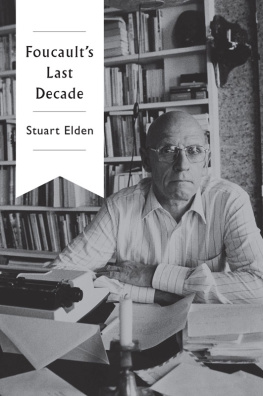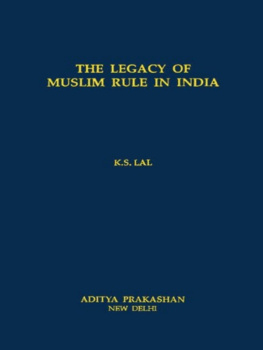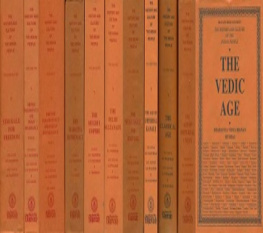RULERS OF INDIA
ALBUQUERQUE
BY H. MORSE STEPHENS
LECTURER ON INDIAN HISTORY AT CAMBRIDGE
AUTHOR OF 'A HISTORY OF THE FRENCH REVOLUTION,'
'THE STORY OF PORTUGAL,' etc.
OXFORD
AT THE CLARENDON PRESS: 1892
Oxford
PRINTED AT THE CLARENDON PRESS
BY HORACE HART, PRINTER TO THE UNIVERSITY
PREFACE
Affonso de Albuquerque was the first European since Alexander the Great who dreamed of establishing an empire in India, or rather in Asia, governed from Europe. The period in which he fought and ruled in the East is one of entrancing interest and great historical importance, and deserves more attention than it has received from the English people, as the present ruling race in India. Dr. A. C. Burnell, an authority second to none in Indian historical questions, says in his prefatory note to A Tentative List of Books and some MSS. relating to the History of the Portuguese in India Proper: 'In the course of twenty years' studies relating to India, I found that the history of the Portuguese had been shamefully neglected.... In attempting to get better information, I found that the true history of the Portuguese in India furnishes most important guidance for the present day, and the assertions commonly made about it are utterly false, especially in regard to the ecclesiastical history.' I purpose, therefore, to give a short list of the more important works on the history of the Portuguese in the East during the sixteenth century, while they were a conquering and a ruling power, in the hope that it may be useful to any one wishing to investigate the subject further than it has been possible for me to do in this volume. I confine myself to the sixteenth century and to books on political history, as I have not the knowledge to classify the numerous works on the history of the Roman Catholic Missions in India, which is closely bound up with the ecclesiastical history of the Portuguese in the East.
Before mentioning books of general history, I must draw attention to the Commentaries of Albuquerque on which this volume is chiefly based, as indeed all biographies of the great governor must necessarily be. They were published by his son, Braz de Albuquerque, in 1557, reprinted by him in 1576, and republished in four volumes in 1774. They have been translated into English for the Hakluyt Society by Walter de Gray Birch in four volumes, 1875-1884, and from this translation the quotations in the present volume are taken. The nature and the authority of this most valuable and interesting work are best shown by quoting the first sentence of the compiler's dedication of the second edition to the King of Portugal, Dom Sebastian. 'In the lifetime of the King, Dom Joo III, your grandfather, I dedicated to Your Highness these Commentaries, which I have collected from the actual originals written by the great Affonso de Albuquerque in the midst of his adventures to the King, Dom Manoel, your great-grandfather.' The Commentaries have been for three centuries the one incontestable printed authority for Albuquerque's career. But in 1884 was published the first volume of the Cartas de Affonso de Albuquerque, seguidas de Documentos que as elucidam, under the direction of the Academia Real das Sciencias de Lisboa, and edited by Raymundo Antonio de Bulho Pato. This collection includes a large number of despatches to the King, dated February, 1508; October, 1510; April, 1512; August to December, 1512; November, 1513, to January, 1514; October to December, 1514; and September to December, 1515; of which two, dated 1 April, 1512, and 4 December, 1513, are of great importance, and veritable manifestoes of policy. It contains also a more correct version of Albuquerque's last letter to the King than that given in the Commentaries. It is to be hoped that the many and serious lacun, shown by the above dates, will be filled in the long-expected second volume of the Cartas.
Turning to the more general authorities on the history of the Portuguese in India in the sixteenth century, it will be well to take them in a rough classification of their importance and authenticity.
Joo de Barros (1496-1570), for many years treasurer and factor at the India House at Lisbon, published Asia: dos Feitos que os Portuguezes fizeram no Descobrimento e Conquista dos Mares e Terras do Oriente. This work is a primary authority, as the writer had access to all documents, and was the recognised historian of the events he described during his lifetime. It is written in imitation of Livy, and is divided into Decades. The first Decade was published in 1552, the second in 1555, the third in 1563, and the fourth after his death in 1615, and it carries the history down to 1539. The best edition is that in nine volumes, Lisbon, 1777-78. A German translation by Dietrich Wilhelm Soltau was published in five volumes at Brunswick, 1821, and it has been largely borrowed from by succeeding writers.
Diogo do Couto (1542-1616) was long employed in India, and had access to documents. He continued the work of Barros in the same style. His first Decade overlaps Barros, and his history goes from 1526 to 1600. The best edition is that published as a continuation of Barros, in fifteen volumes, Lisbon, 1778-1787.
Gaspar Correa (died at Goa between 1561 and 1583) went to India in 1514 and was Secretary to Albuquerque. His Lendas da India treat the history of the Portuguese from 1497 to 1549, and was published for the first time at Lisbon, four volumes, 1858-64. His chronology throughout differs much from Barros, and a critical comparison between them is much needed. A portion of this work has been translated by Lord Stanley of Alderley, for the Hakluyt Society, under the title of The Three Voyages of Vasco da Gama, and his Viceroyalty, 1869.
Ferno Lopes de Castanheda (died 1559) travelled much in India. He published his Historia do Descobrimento e Conquista da India pelos Portuguezes, which covers from 1497 to 1549, in 1551-1561, and is therefore anterior to Barros in date of publication.
Damio de Goes (died 1573), Commentarius Rerum gestarum in India citra Gangem a Lusitanis, Louvain, 1539, is a small but early work.
These are primary authorities, but the following chronicles also contain some useful information:
Damio de Goes (died 1573), Chronica do felicissimo Rey Dom Manoel, Lisbon, 1566, 1567.
Jeronymo Osorio (died 1580), De Rebus Emmanuelis Regis, Lisbon, 1571.
The historians of subsequent centuries simply use, with more or less judgment, the materials provided for them by the historians mentioned above for the sixteenth century, and with one exception are of no value. The one exception is:
Manoel de Faria e Sousa, who in his Asia Portugueza, three volumes, Lisbon, 1666-75, made use of good MS. materials.
The purely secondary historians, who in spite of their reputation are better left unread, are: Giovanni Pietro Maffei, Historiarum Indicarum Libri XVI, Florence, 1588; Antonio de San Roman, Historia General de la India Oriental,


